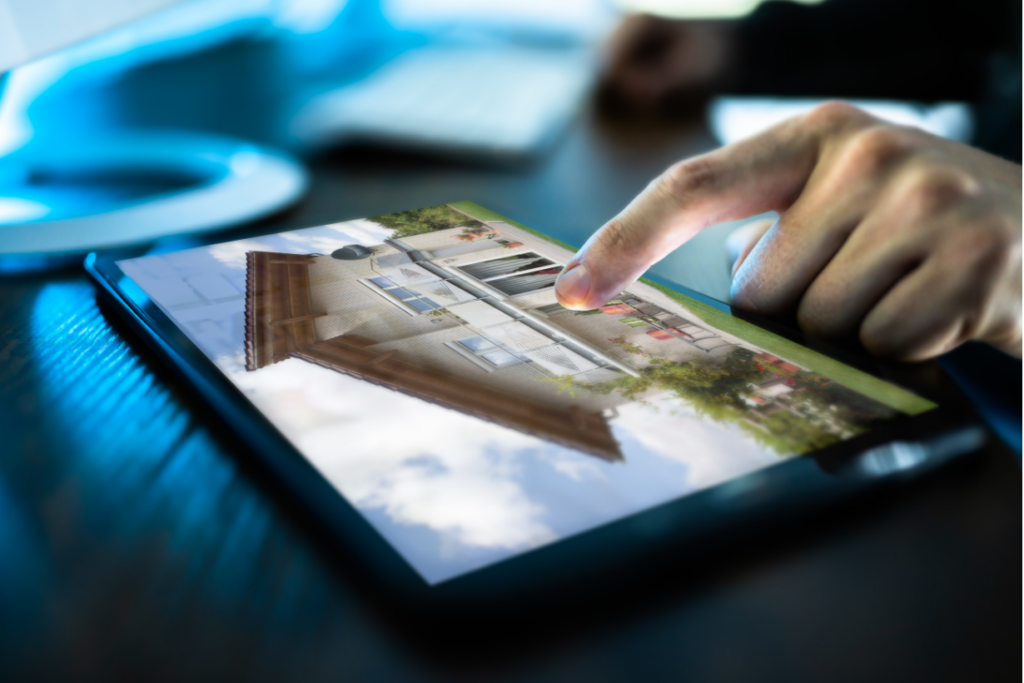Spain is a dream destination for many looking to purchase a home, whether for relocation, vacation, or investment purposes. However, buying a home in Spain and navigating Spanish property law as a foreign buyer can feel overwhelming if you’re unfamiliar with local processes. To help you get started on the right foot, we at PALS have created a handy checklist to guide you through every step of buying a home in Spain.
Purchasing property in Spain as a foreigner involves a mix of legal, financial, and cultural factors you may not encounter in your home country. Understanding these elements from the outset can save you time, money, and stress.
Below, you’ll find an essential checklist to help make your property purchase smooth and successful.

Before anything else, you’ll need a NIE number, which serves as your tax identification number in Spain. This is mandatory for all property transactions. You can apply for one at a Spanish consulate abroad or at immigration offices in Spain.
Quick tip: Start this process early, as it can take several weeks.
Beyond the property price, account for extra costs that can add 10-15% to your total expenditure. These include:
Pro tip: Use a currency exchange service if you’re transferring money from abroad. Fluctuations can make a big difference in the final amount.
Spanish property law can be complex, and having a knowledgeable lawyer is non-negotiable. At PALS we will:
Spanish property law varies by region. PALS can break down the regulations in the specific area where you plan to buy. Key aspects to check include:
A local expert can guide you through these nuances. At PALS we are know the Valencia, Alicante, Jativa, Benidorm and surrounding areas very well!
If you’re financing your purchase, contact Spanish or international banks to explore mortgage options. Some points to consider:
Explore mortgage pre-approval to understand your borrowing capacity early on.
Never skip this step when buying a home in Spain. Scheduling an independent inspection is essential to uncover any potential issues that could cause problems down the line. This includes identifying structural damages, water leaks, electrical faults, or even discrepancies in property measurements that don’t align with the official registry. An inspection provides peace of mind and ensures you’re making a fully informed investment decision.
Insider advice: Hire a local surveyor who understands Spanish building standards.
Once you’ve chosen your property:
At this stage, your lawyer should double-check all contracts for hidden clauses.
The purchase is finalised when you and the seller sign the Escritura Pública de Compraventa (public deed) in the presence of a notary. Afterward:
This step officially confirms your ownership.
Owning property comes with recurring taxes, such as:
PALS can help you stay compliant to avoid fines.
To ensure a smooth transaction, make sure you have the following documents in place:
Finally, integrating into the local culture can enhance your experience as a homeowner. Here are some tips:
Buying a home in Spain as a foreigner is an exciting but intricate process. By following this checklist, you can feel confident that you’ve covered all major bases and have the right support team in place. With careful planning and expert advice, your dream home in Spain could soon become a reality.
If you’re ready to take the next step or need legal assistance, PALS specialises in helping foreign buyers. Contact us today—we’re here to guide you every step of the way!